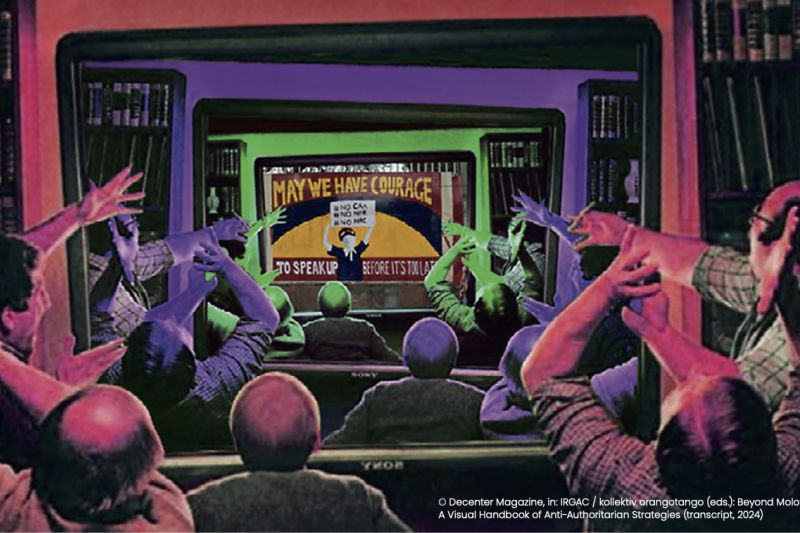An illiberal polypore state is ruthlessly working with neoliberal growth-oriented economic policy to exploit environmental resources for its own survival. This talk, after reviewing the often-underexplored role of gender in researching illiberalism, discusses two case studies of how inhabitants of a village in Hungary, at the bank of the largest, ‘sweet water’ lake in Europe, Lake Balaton, resisted replacing a forest with a fuel station and resistance to the illiberal transformation of higher education. The cases illustrate that when neoliberal forces hijack the narratives of progress and modernity, local networks can work as a site of resistance if they ally. While the “new class war” (Michael Lind) is waged for resources, including natural resources, the ethnocentric securitized narrative of the illiberal polypore state obscures its true intentions. Based on autoethnography, the talk shares strategies for creating “better stories” when the illiberal polypore state systematically destroys trust and respect within a community.

Prof. Dr. habil. Andrea Pető DSc (1964) is a professor at the Department of Gender Studies at Central European University in Vienna, a research affiliate at the CEU Democracy Institute in Budapest, and a Doctor of Science at the Hungarian Academy of Sciences. Her research areas are gender history and social history in the 20th century. Her works have been published in 24 languages. She is currently researching the women's movement of the Arrow Cross Party: Women in the Arrow Cross Movement (Palgrave, 2020). In 2005, she was awarded the Cross of Honor of the Republic of Hungary. In 2018, she was awarded the Madame de Staël Prize for Cultural Values of All European Academies (ALLEA) 2018. She holds an honorary doctorate from Södertörn University, Stockholm, Sweden.
Current publication: Pető, A. (2021). Gender and Illiberalism. In A. Sajó, R. Uitz & S. Holmes (eds.), Routledge Handbook of Illiberalism (S. 313-325). Routledge.
The CGC strives to make its events as accessible as possible. If you require assistance to participate in our event, please let us know your support needs by October 9, 2025, by emailing cgcentrum@soz.uni-frankfurt.de. We will then endeavor to reduce any barriers within the scope of our possibilities.
The room is accessible via elevators. There are two accessible toilets on the first floor (1.G40s and 1.G40h).
There is an all-gender toilet (1.G40n) with standing and sitting toilets on this floor. There is also a FLINTA* toilet (2.G40q) on the 2nd floor of the CGC.

